When I first saw the movie The 300 Spartans I was only seven-years-old but it made an impression on me that has endured for the following fifty years. The story of King Leonidas and his heroic stand at the Pass of Thermopylae lit a touch paper in my young spirit that shaped the course of all my future careers, and even perhaps the way my life has panned out.
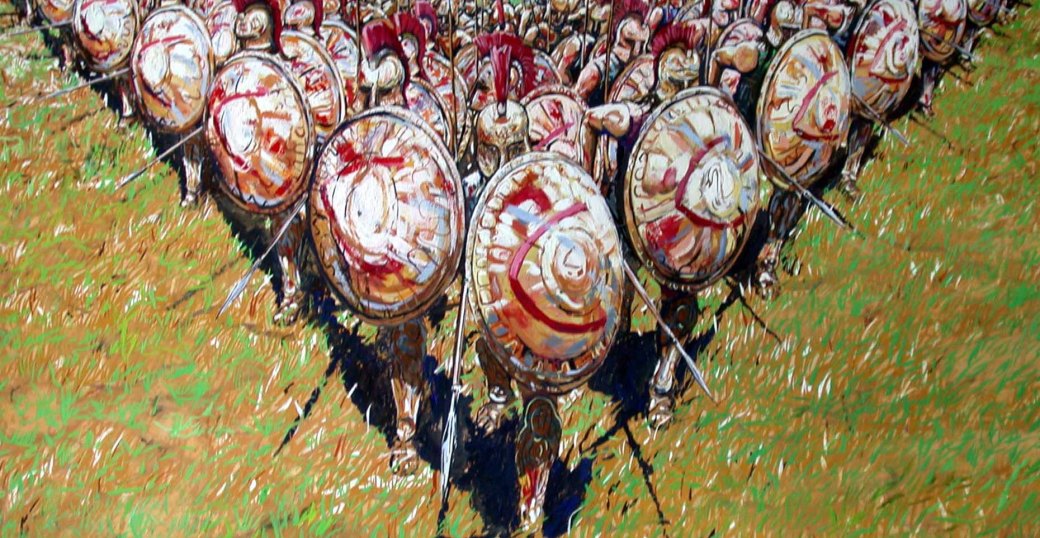
Most peoples and nations on Earth have their own such iconic tales of heroic defeat, which seem to lend themselves to idealistic notions of ultimate sacrifice for the sake of freedom. For instance, the (European) Americans have their Little Bighorn, the British, their Charge of the Light Brigade and the French, the last stand of the Old Guard at Waterloo.
The thing however, that distinguishes the action of the 300 at the Hot Gates back in 480 BC from all of the above, and gives it such universal and lasting allure to most peoples of the Earth (with the possible exception of Xerxes’ modern heirs) was its almost total contextual non-ambiguity.
The actions of Yankee Blue Coats against the Plains Indians, Cardigan’s “Cherry-Bums” in the valleys of the Crimea, and Napoleon’s “grognards” (grumblers) in a Belgian wheat field; for all their undoubted courage were primarily in the interests of conquest — the very thing that Leonidas was attempting to halt. Custer, Raglan and Napoleon — their widely varying military abilities notwithstanding — were all closer to Xerxes than to Leonidas in the context of their respective battle objectives. Thus, in many ways, the Spartan King offers us an historical rarity; a genuinely noble defeat in the purest of causes — defense of the homeland; more of a Wounded Knee than a Little Bighorn.
About two years after my young imagination had been fired by the story of Leonidas and the 300, I became familiar with an account of a similar military engagement in the even more ancient annals of my own people’s narrative. And so enthralled was I by the story of King Saul and his son Jonathan’s defeat at the hands of the Philistines on the slopes of Mount Gilboa I actually wrote a book about it some forty years later. (That book, among other things, led me to setting up this blog and so it’s probably high time I posted an article along these lines.)
And just as Leonidas’ death was a powerful inspiration for the following Golden Age of Greece, the defeat of Saul and Jonathan actually secured both the concept and the durability of Israelite, and then Jewish nationhood.
However, while Leonidas is lauded by the modern Greeks as their consummate national hero, for reasons too complex to go into here, the only monuments to Saul’s act of ultimate sacrifice at Gilboa are the exquisite seasonal wildflowers which annually defy the curse of David upon the mountain’s slopes (2 Samuel 1:21). My book was a vain attempt to rectify the situation; to raise the status of Saul within the national consciousness of modern Israel and Jewish people everywhere, so that instead of heading straight from Ben Gurion Airport to Jerusalem and the other “holy sites” ; they would instead make for Gilboa, where a nation was forged in the blood of its first, and most noble king. So noble in fact, his own usurper felt obliged to concede as much in his timeless lament (abridged here)…
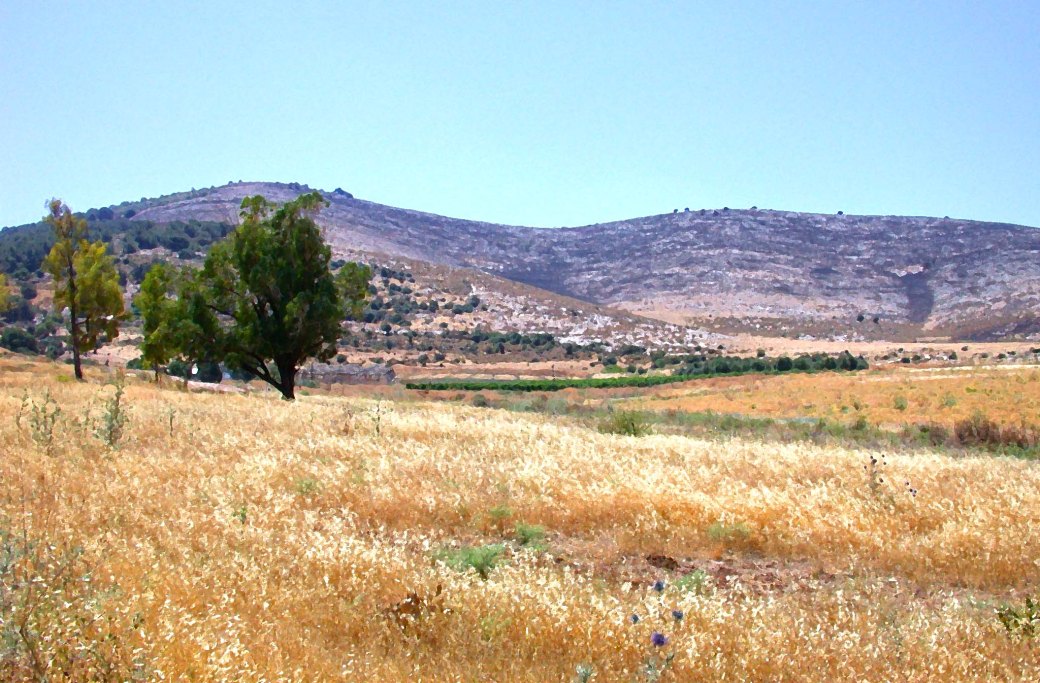
How the mighty have fallen!..
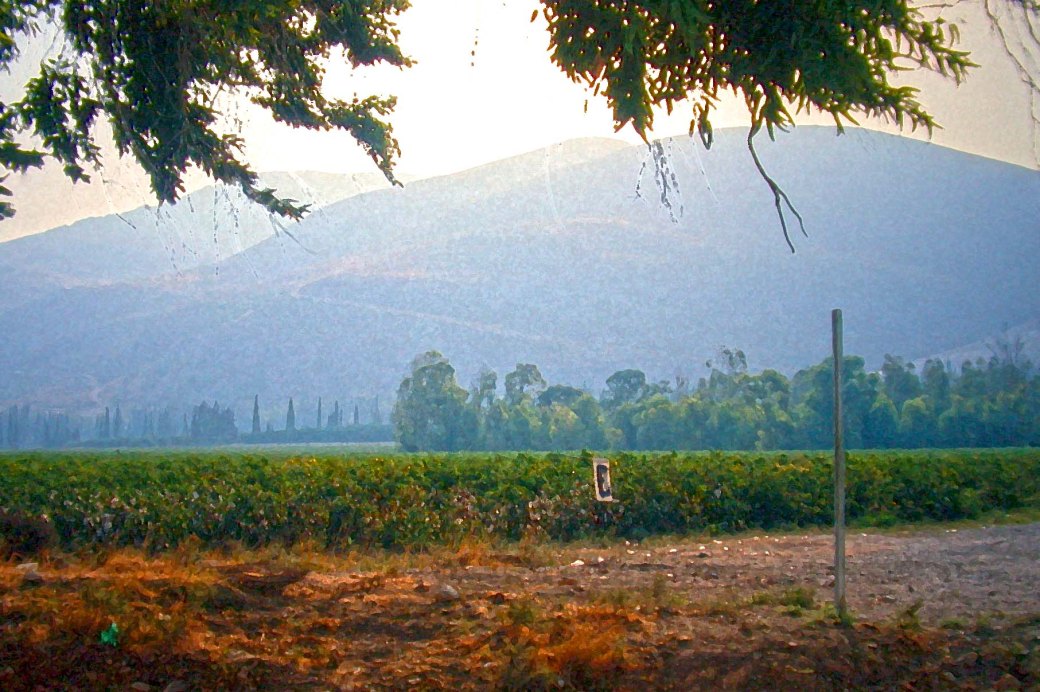
may you have neither dew nor rain,
may no showers fall on your terraced fields.
For there the shield of the mighty was despised,
the shield of Saul—no longer anointed with oil…
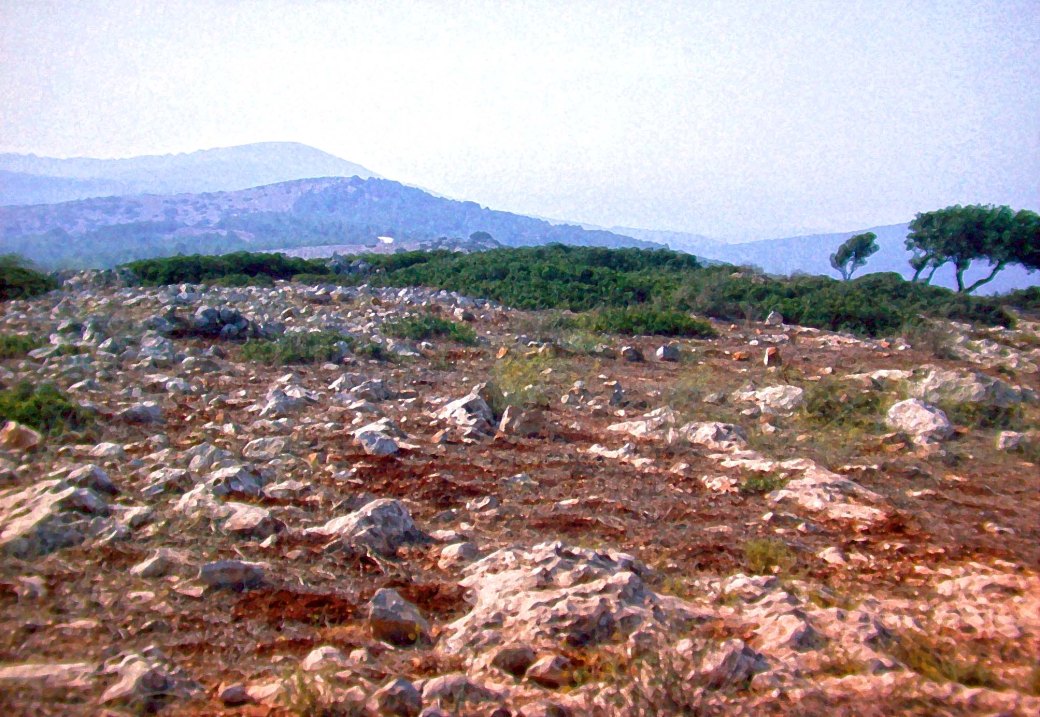
from the flesh of the mighty,
the bow of Jonathan did not turn back,
the sword of Saul did not return unsatisfied.
Saul and Jonathan—
in life they were loved and admired,
and in death they were not parted.
They were swifter than eagles,
they were stronger than lions…
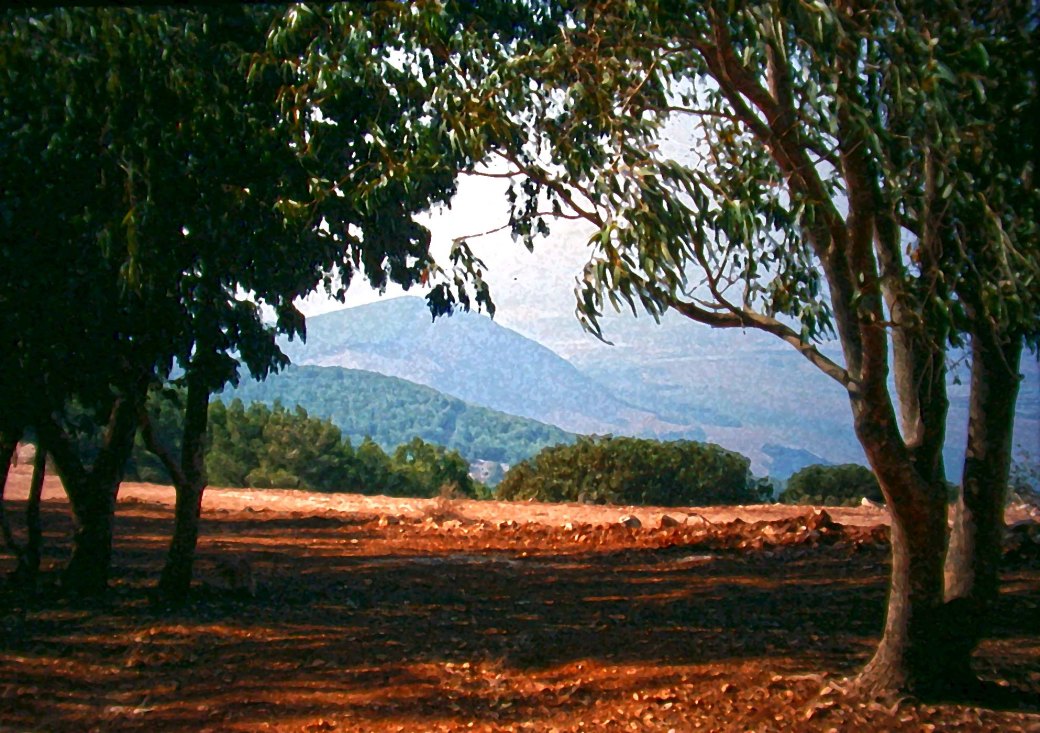
weep for Saul,
who clothed you in scarlet and finery,
who adorned your garments with ornaments of gold…
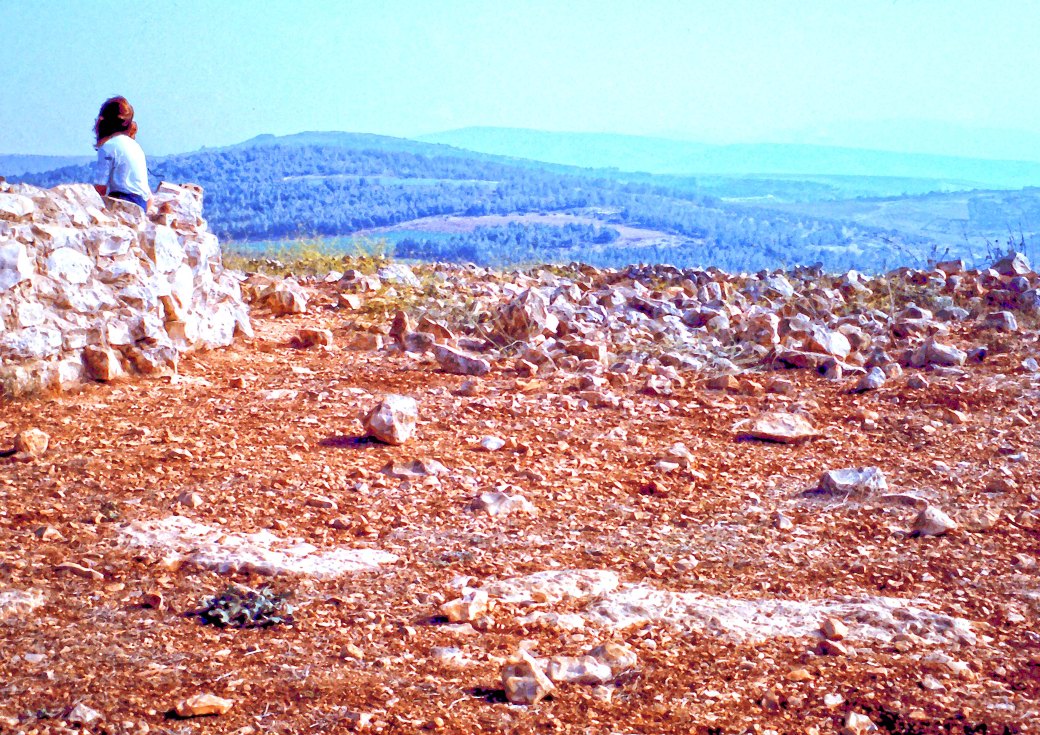
The weapons of war have perished!”
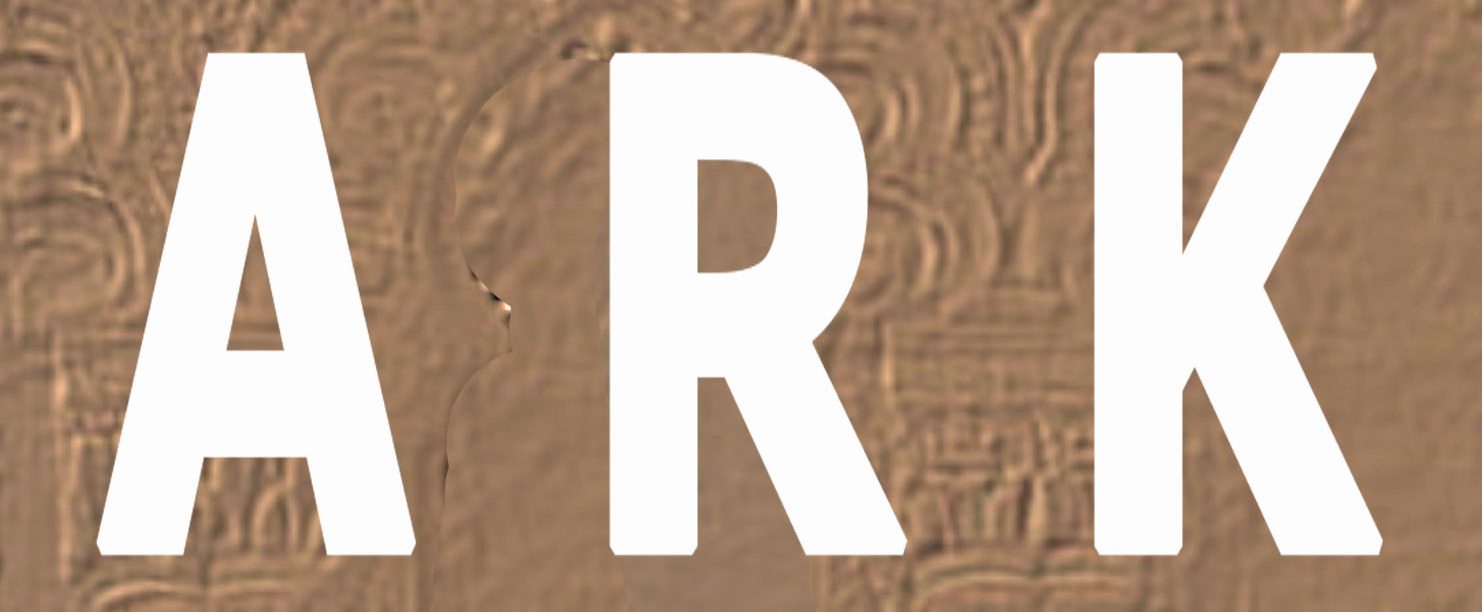

Very interesting. In my youth, I read the Bible and am sure I learned a lot about Saul — but my youth is now very distant, so if I ever knew about this, it is all new to me now.
LikeLiked by 1 person
If you learnt anything much about Saul you were truly fortunate. For most Christians and Jews – because of the supremacy of David and his seminal (literally and metaphorically) position within both of Messianic constructs – Saul, and his fascinating human story is generally relegated to the footnotes of pious learning. If you ever get a hankering for revisiting the actual history of Saul and David you could do worse than read my book and then follow it up with Baruch Halpern’s brilliant “David Secret Demons” – both are available on line for peanuts (although I’m not supposed to mention that).
LikeLike
very interesting, as usual…
LikeLiked by 1 person
Thank you Ana. Love to take you there one day – a dramatic and haunting place.
LikeLike
A beautiful account, Adam. Truly an inspiring story of sacrifice, reflecting the love and magnetism of kinship.
Best
Peter
LikeLiked by 1 person
Thanks Peter, it was about time I thought about Saul again on these pages.
LikeLike